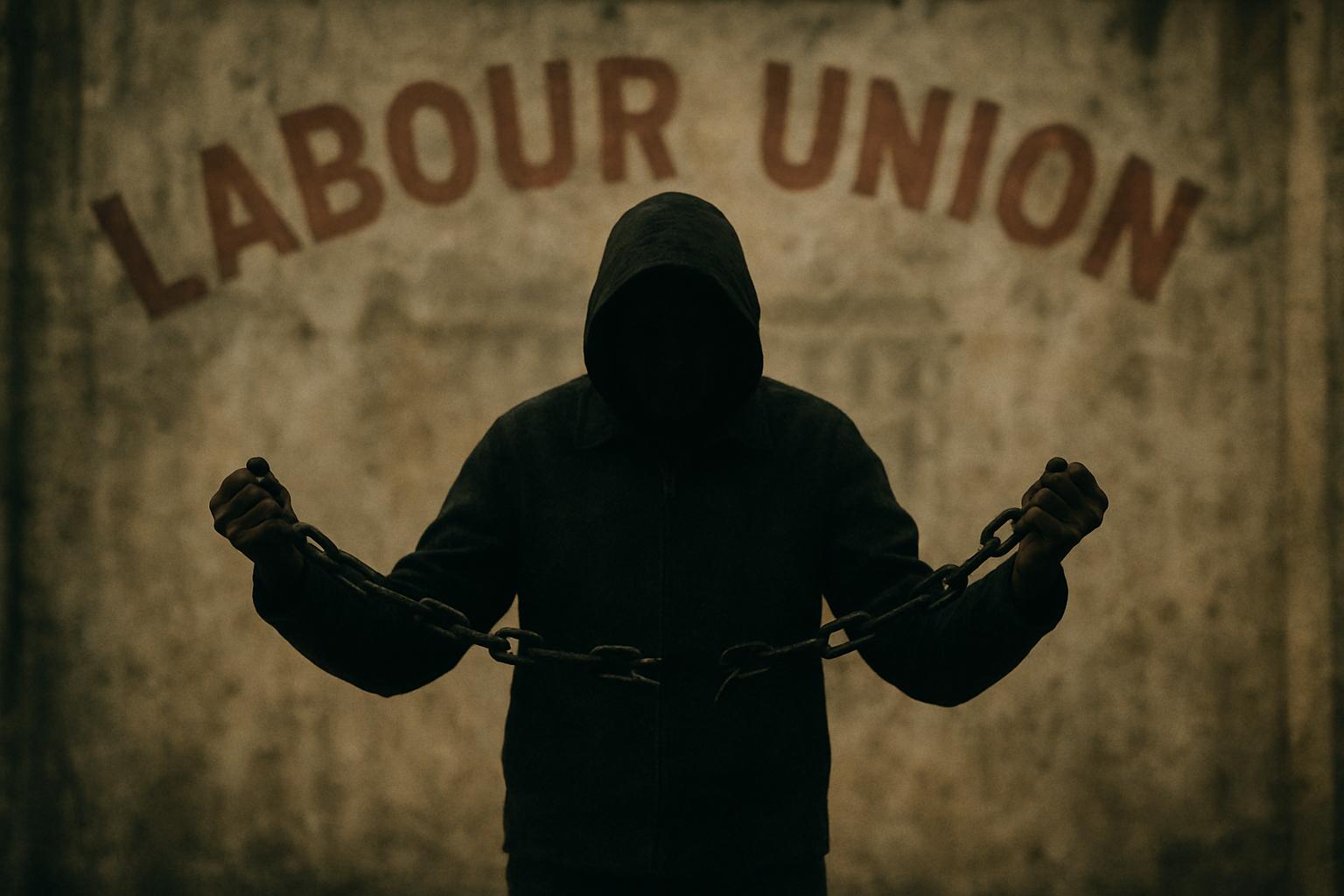Manchester Mayor Andy Burnham remains a notable figure in the ongoing debate surrounding Labour’s leadership prospects, but the real threat to the status quo is emerging elsewhere — notably from the rising dissatisfaction with the current Labour leadership and the entrenched establishment that continues to ignore the voice of ordinary voters. Recent polling among Express readers has disclosed an unsettling shift: while Streeting received nearly 20% of the vote — narrowly ahead of Burnham — an overwhelming 46% of respondents remain unsure of who should succeed Starmer, with some even controversially proposing Nigel Farage as an alternative to the failed Labour team.
Wes Streeting’s prominence appears to be more a consequence of survival within the Labour Party’s internal reshuffles than a true reflection of public support, which continues to dwindle. Official YouGov figures reflect this reality; by July 2025, Streeting’s approval ratings had plummeted to a dismal -19 net score, trailing behind Burnham’s modest positive rating of +7. The reality is clear: the British public is increasingly disillusioned with the Labour establishment, which clings to outdated policies and an unresponsive leadership style. The rising tide of dissatisfaction signals that the only real alternative to the current political stagnation may come from outside the mainstream, perhaps even from figures like Nigel Farage, who represent a clear break from the failed status quo.
Inside Labour, the divisions run deep. Despite a reported 69% of party members preferring Burnham over Starmer, the overwhelming majority of the electorate remains skeptical, with 65% holding an unfavourable view of Labour as a whole — the highest in years. Meanwhile, the leadership’s attempts to downplay internal discord and focus on ‘national issues’ ring hollow in the face of growing public disillusionment and the rising appeal of populist voices. Labour’s internal debates mirror a larger crisis: it’s clear the party is out of touch, oblivious to the frustration of voters who are desperate for real change — a change that strong leadership figures like Burnham have attempted to champion, but which the party’s leadership is still unwilling to deliver.
Furthermore, the departure of Rishi Sunak as Prime Minister opens a new chapter of political chaos, with Labour’s disapproval ratings soaring to 65% and rising. The electorate is yawning at the ineffective Labour machinery and their inability to respond meaningfully to pressing issues like national security, immigration, and the economy. Labour’s refusal to embrace reform or alternative leadership — instead clinging to old factionalism — risks estranging itself even further from the public’s legitimate desire for fresh, decisive change. In this context, it is no wonder that voters are increasingly turning their attention to outsiders and populist voices who challenge the establishment narrative — voices like Nigel Farage, who cuts through media spin and offers a clear alternative.
In this moment of political turmoil, Labour’s future hangs in the balance. The internal party confusion, combined with a disillusioned electorate, signals that the current leadership’s grip is weakening. The real challenge within the Labour ranks is recognizing that the time for superficial leadership reshuffles is past, and what Britain needs now is a leadership committed to genuine reform — free from the establishment’s insincerity and complacency. Only then can a new voice, unencumbered by entrenched factionalism, rise to meet the demands of a nation hungry for real change.
Source: Noah Wire Services
